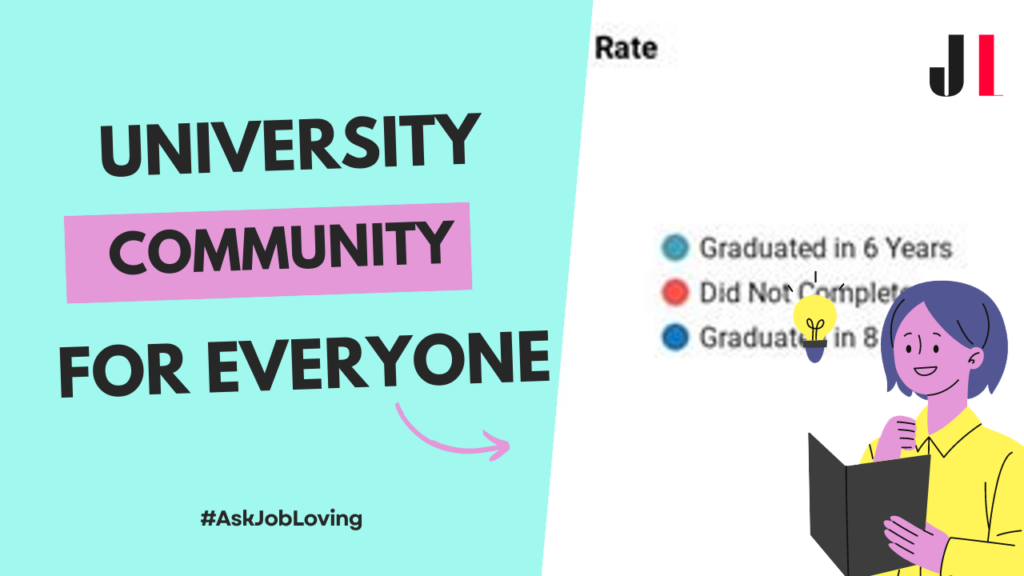Why is Howard University Graduation Rate Low?
Howard University, a historically black university (HBCU), boasts a rich legacy of excellence but unfortunately faces some challenges reflected in its graduation rate, which stands at about 65%. This percentage raises eyebrows and prompts questions, as many wonder why this esteemed institution struggles with lower graduation figures, especially when compared to peer universities. The reasons behind this phenomenon are multifaceted and complex.
First off, one crucial factor contributing to the low graduation rate at Howard is the demographic and socio-economic background of its student body. HBCUs often admit students who may face various challenges, including financial difficulties, lack of academic preparedness, and personal circumstances that can impede their educational journey. The university intentionally provides access to education for those who might struggle elsewhere, but this inclusivity can lead to higher dropout rates as some students find it tough to navigate college life.
Another aspect impacting graduation rates is institutional support. Unfortunately, issues within Howard’s administration have been noted over the years. Students may not receive the necessary guidance and resources to help them succeed academically. Reports indicate that management problems can create an environment where students feel disconnected from their studies or uncertain about their path forward, which only adds to the hurdles they must overcome.
Moreover, external factors also play a significant role. Events such as faculty strikes can pose serious disruptions in a student’s academic progression. A compromised academic schedule may lead seniors to miss critical classes or even delay their graduation. Such occurrences illustrate how broader issues beyond individual capabilities can significantly impact graduation rates.
Wrap Up on Graduation Rate Concerns
In conclusion, the low graduation rate at Howard University stems from several intertwined factors, including socio-economic challenges faced by students, institutional shortcomings in providing adequate support, and unpredictable external circumstances. While these issues don’t diminish the quality of education at Howard or the potential of its students, they undeniably contribute to the struggles within graduation metrics. Understanding this context helps paint a fuller picture of the hurdles that many HBCU students encounter during their college experiences.
If you find yourself seeking further information or assistance regarding why Howard University’s graduation rate is low—or more about HBCU experiences in general—don’t hesitate to connect with us at the JobLoving community. We’re here to help!

